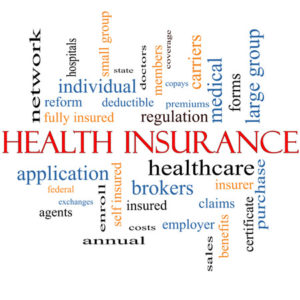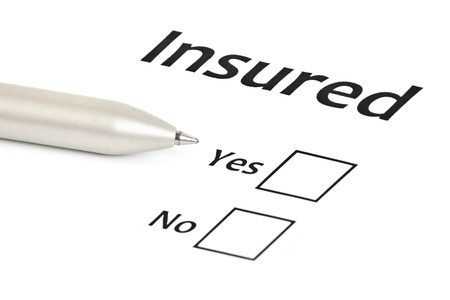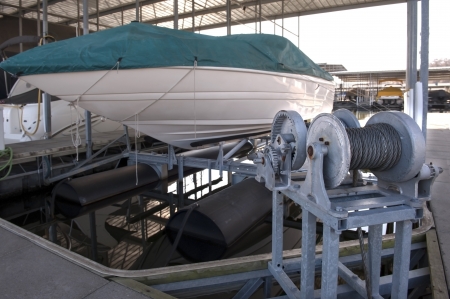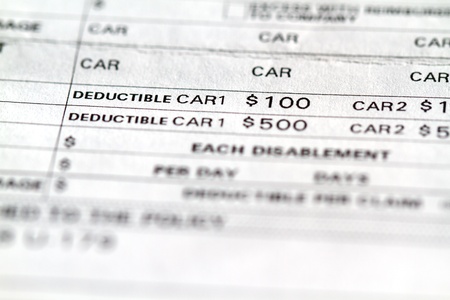Despite being absolutely integral in anyone’s life, health insurance is one of the least understood topics in national policy today. Not only are there overarching questions about how it works on the government level, but you also have to understand what your health insurance means for you personally. This can be especially confusing if you’re just figuring out how to get insurance or if you’re switching plans. With that said, here are some answers to common questions people ask about insurance:
What are copayments, deductibles and coinsurance?
The way health insurance works is by dividing up medical costs between the insurer and the insured. When you get a specific medical procedure done — from a doctor’s visit to ordering a prescription drug — your insurance will cover part of it, and you’ll pay the other part: that’s the “copayment.”
A deductible, however, is the amount that you’re required to pay (sometimes out of pocket) each year before your insurance will cover your medical bills. The deductible is usually anywhere from a few hundred to a few thousand dollars, and any expenses beyond that amount will be covered partly by insurance and partly by copayment.
Finally, coinsurance is similar to copayment in that it’s the part of a medical expense that you pay — however, instead of being a flat fee like copayments, it’s a percentage of the overall medical cost.
Do health insurance policies work across different states?
Because health insurance policies work on a state-by-state basis, with different rules and markets for each state, a policy that you bought in one state won’t apply if you move somewhere else, or if you want to buy in one state when you live in another.
What is an HSA?
An HSA is a Health Savings Account, which is a special account used to invest funds and save them for medical expenses. They’re meant to be used with health insurance plans that have a high deductible, so you can use HSA funds to pay copayments or deductibles as necessary. However, you can’t use HSA money to pay monthly premiums (which usually isn’t an issue with high-deductible plans that usually have low premiums).
Understanding Health Insurance Series

4 Reasons Everyone Needs to Have Health Insurance
What are the Different Types of Health Insurance and Why Do You Need Them?
3 Answers to Common Health Insurance Questions
What is the Minimum Amount of Health Insurance Coverage that I Should Have?








